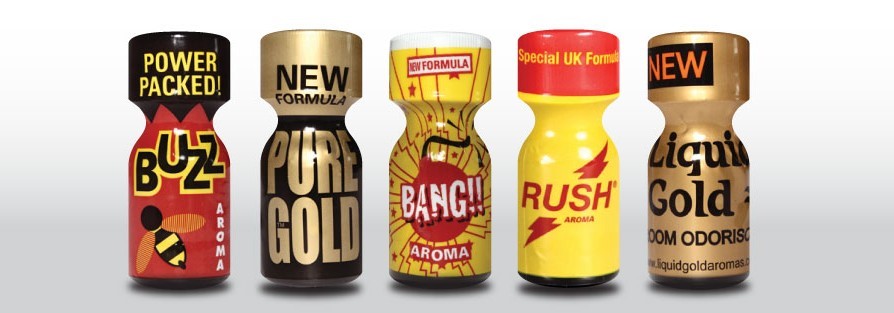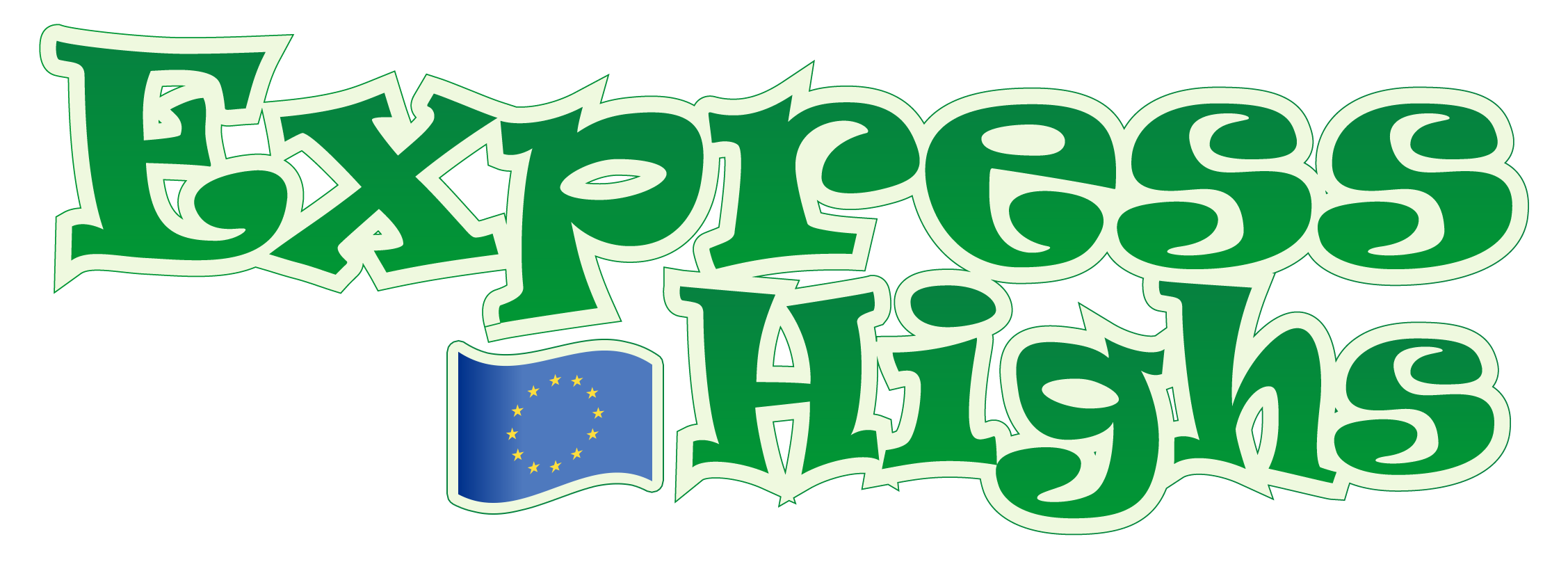Petitioners Appeal to Remove Poppers in Psychoactive Substances Bill
Blanket ban on legal highs will criminalize an individual selling, supplying, possessing or using products in this category. One of those that are on the verge of being banned is poppers, aka alkyl nitrates.
New petition by Carl Howard calls to remove it from the list of banned substances in the government’s Psychoactive Substances Bill.
[If it wouldn’t be dropped from the blanket ban, selling poppers would become a criminal offense. Those to be found supplying it would receive 7-year imprisonment.]

In
his petition, he said that no proof suggests that users are causing anything
but experiencing short-lived head rush. He added that banning the legal high
would just drive users into finding other potentially harmful alternatives.
Concluding,
petitioners are appealing that poppers have to be excluded from the bill, until
any medical evidence proving it is harmful is released.
In
connection, Liberal Democrat Lord Brian Paddick spoke to The Gay UK in August
about the law and said that the way that it is designed and written is after
any substance that alters one’s mental state, such as making one feel happy.
In
this case, he added, florists could potentially be arrested because aroma
released by flowers like roses could make people feel romantic or nice. Such
‘guideline’ (changing one’s mental state) is in the definition of the new bill
stating “…supplying any substance, which
when a user inhaled by sniffing alters his mental state.”
This
makes the bill ridiculous.
Still
in the news, ban on poppers would drive users underground, leading them to
using unregulated substances or even harder, more harmful drugs, the National AIDS
Trust revealed.
Experts
reveal that banning popper could also lead to deaths.
Obviously,
passing the new bill without it being carefully reviewed might lead to
consequences that are far more inconceivable and imposing it urgently might
lead to higher rates of illegal drug criminal offenses and underground
operations. Even more, public confusion and dangers arising from the
consequences of this new bill would rise to the surface once it’s signed into
law.
